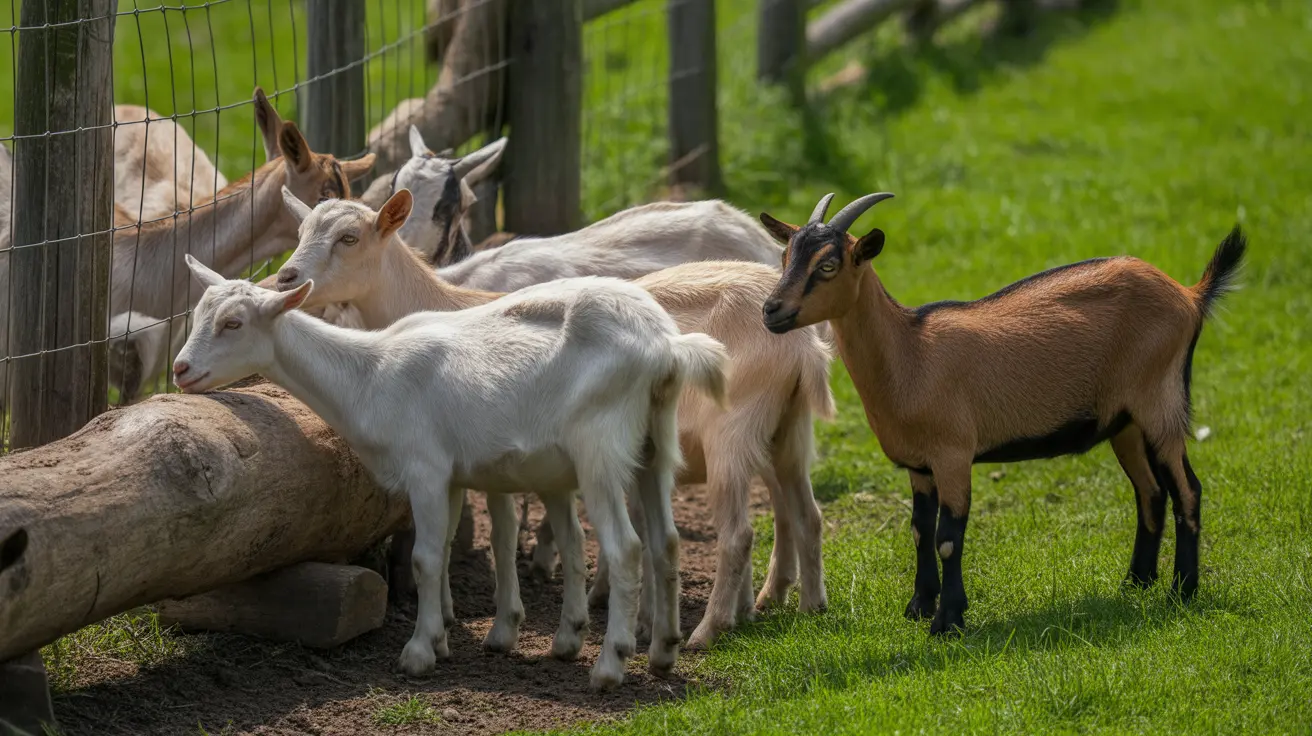Understanding Liver in Your Dog’s Diet: The Benefits and the Risks
Feeding dogs a balanced diet that includes carefully selected organ meats like **liver** can be both nutritious and beneficial. Liver is a **nutrient-dense** meat that, when prepared and fed properly, supports your pet's overall health. But not all liver is created equal, and knowing which types and quantities are safe is crucial.
Why Liver Is Good for Dogs
Liver from chicken, beef, lamb, or pork can be a wholesome addition to a dog’s diet. It provides:
- High-quality protein supporting muscle growth and repair
- Essential vitamins like A, B12, and folate for vision, energy, and cell function
- Minerals such as iron and zinc that promote red blood cell development and immunity
- Healthy fats that enhance coat shine and support brain health
Each type of liver offers varying benefits. For instance:
- Chicken liver: High in vitamin A and B vitamins; palatable for most dogs
- Beef liver: Lower in fat and richer in minerals—ideal for sensitive stomachs
How to Safely Prepare Liver
- Choose **fresh, organic, or pasture-raised liver** whenever possible
- Cook liver thoroughly by **boiling, baking, or sautéing** without added seasonings
- Cut it into **bite-sized pieces** to avoid choking hazards
- Store cooked liver in an **airtight container** in the refrigerator for up to two days
- Freeze cooked liver for **longer preservation**
The Risks of Overfeeding Liver
While liver is healthy, too much can be harmful. Potential issues include:
- Vitamin A toxicity: Weakness, bone deformities, or joint stiffness from excessive intake
- Copper toxicity: Especially problematic for breeds prone to copper storage disease
- Digestive upset: Vomiting, diarrhea, or loss of appetite
- Weight gain and high cholesterol from fatty content
Veterinarians recommend that liver make up no more than **5–10% of your dog’s caloric intake**. For example, a 50-pound dog can safely consume about **2–3 ounces (85 grams)** of cooked liver daily.
When to Avoid Feeding Liver
While most dogs tolerate liver well, certain situations call for caution. Avoid liver or consult your vet if:
- Your dog has a **history of food allergies**
- Your dog is on **specific medications** such as antibiotics or MAOIs
- Your dog has **elevated cholesterol** or liver disease
Always observe your dog for symptoms of intolerance, such as skin rashes, breathing trouble, or lethargy.
The One Type of Liver to Never Feed Your Dog
If there is **one meat to never feed your dog**, it would be **liver from wild game**. Though liver, in general, is safe and beneficial, wild game liver poses significant health risks due to:
- Parasites: Wild animals may host harmful organisms
- Toxins: Could accumulate due to environmental exposure
- Unknown pathogens: Harder to screen and treat
To ensure your dog’s health, only feed liver from trusted, domestic sources and avoid wild-sourced meats.
Tips for Introducing Liver into Your Dog’s Diet
- Start with **small portions** and increase gradually
- Observe for **any adverse reactions**
- Use it as a **training treat** or ingredient in homemade meals
- Discuss with your vet if your dog has **health conditions** or special dietary needs
Conclusion: Moderation and Quality Are Key
Liver is a **nutritious organ meat** that can offer tremendous health benefits when introduced responsibly. Stick to high-quality, domestically sourced liver, cook it properly, and feed it in moderation to enhance your pet's health, vitality, and happiness—while always steering clear of potentially dangerous wild game liver.





